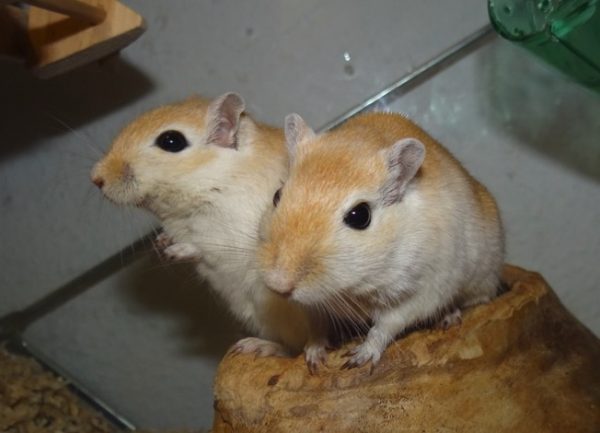For the first time, researchers have directly created mice with two dads.
The mice weren’t able to survive for more than a day or so after birth, but coaxing an embryo made from the DNA of two dads all the way through fetal development was no small feat. It was much harder, the researchers found, than making mice with two moms.
The findings help explain why mammals can’t reproduce with only a single parent. They also may help explain why those animals that can reproduce alone, such as some amphibians, are almost always female.
The barrier to single-sex reproduction, said senior study author Wei Li, a stem-cell researcher at the Chinese Academy of Sciences, is something called genomic imprinting, or the molecular tagging of DNA that regulates how the instructions in the genome are carried out. But the new study, published online Oct. 11 in the journal Cell Stem Cell, reveals that the barrier can be crossed.
By Stephanie Pappas – Full Story at Live Science



